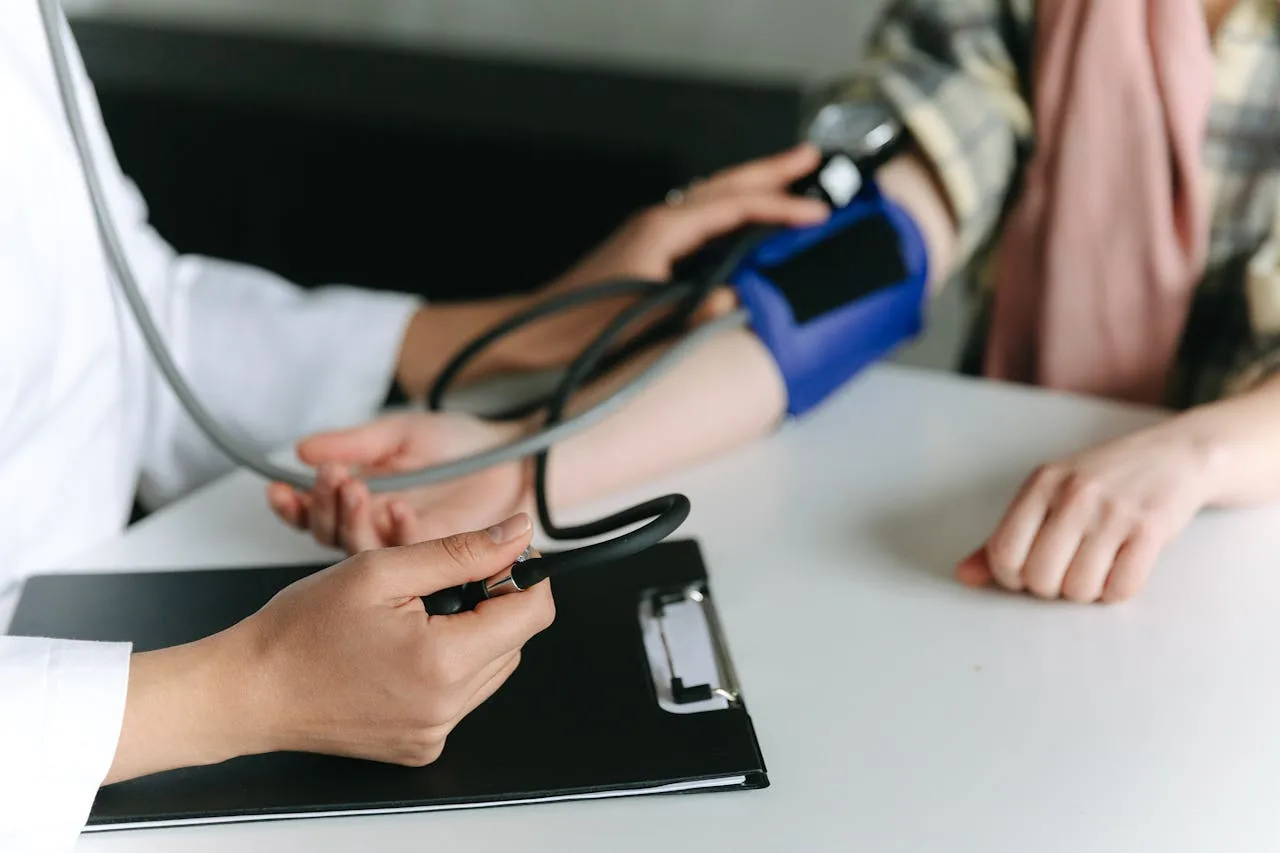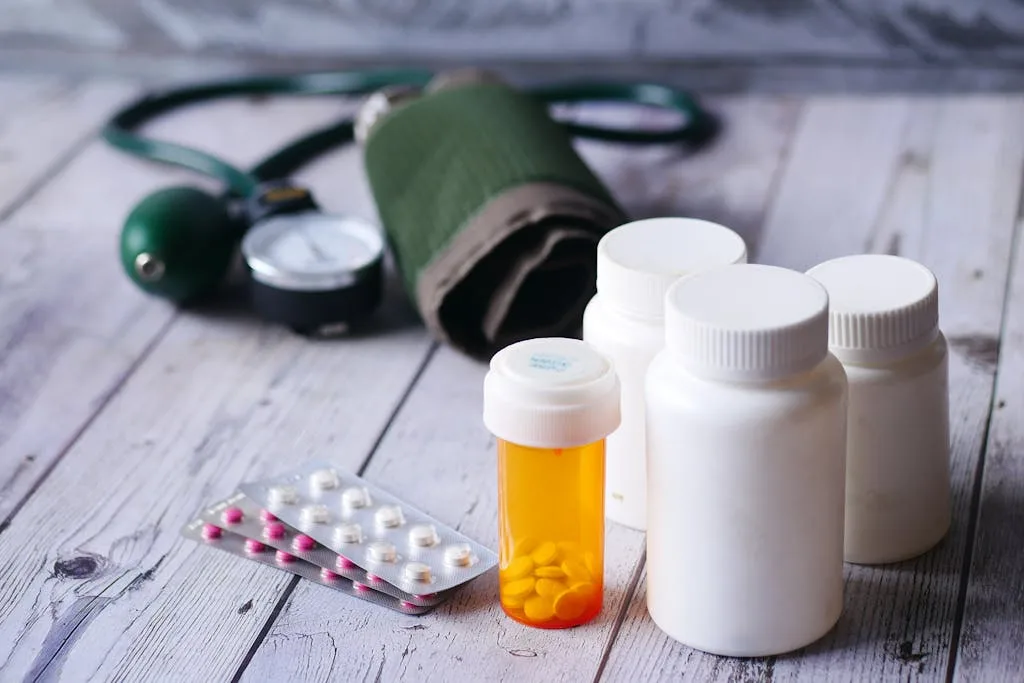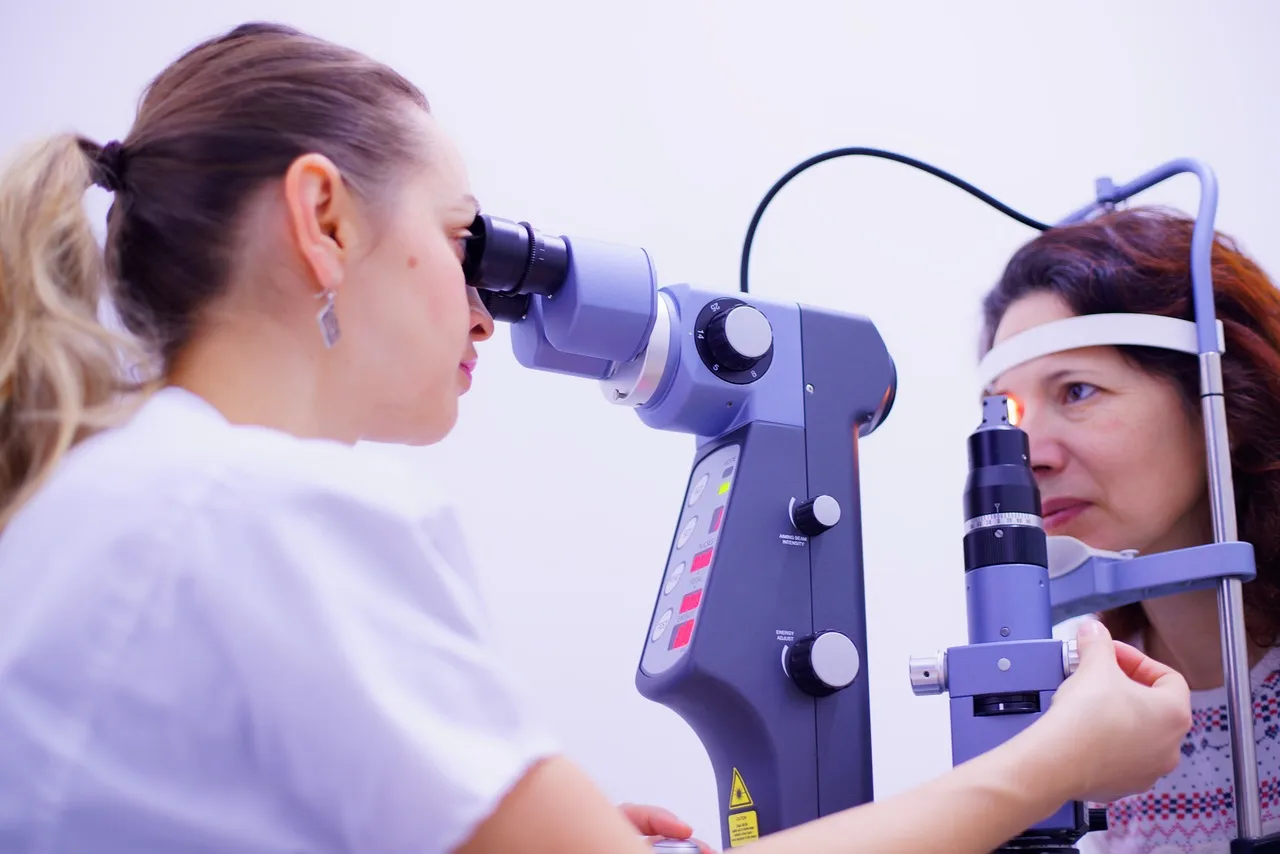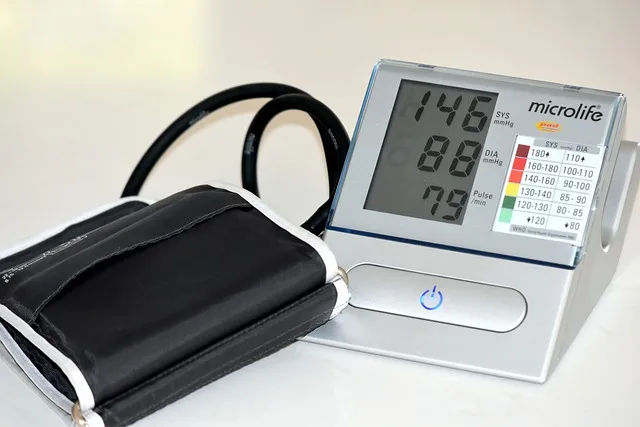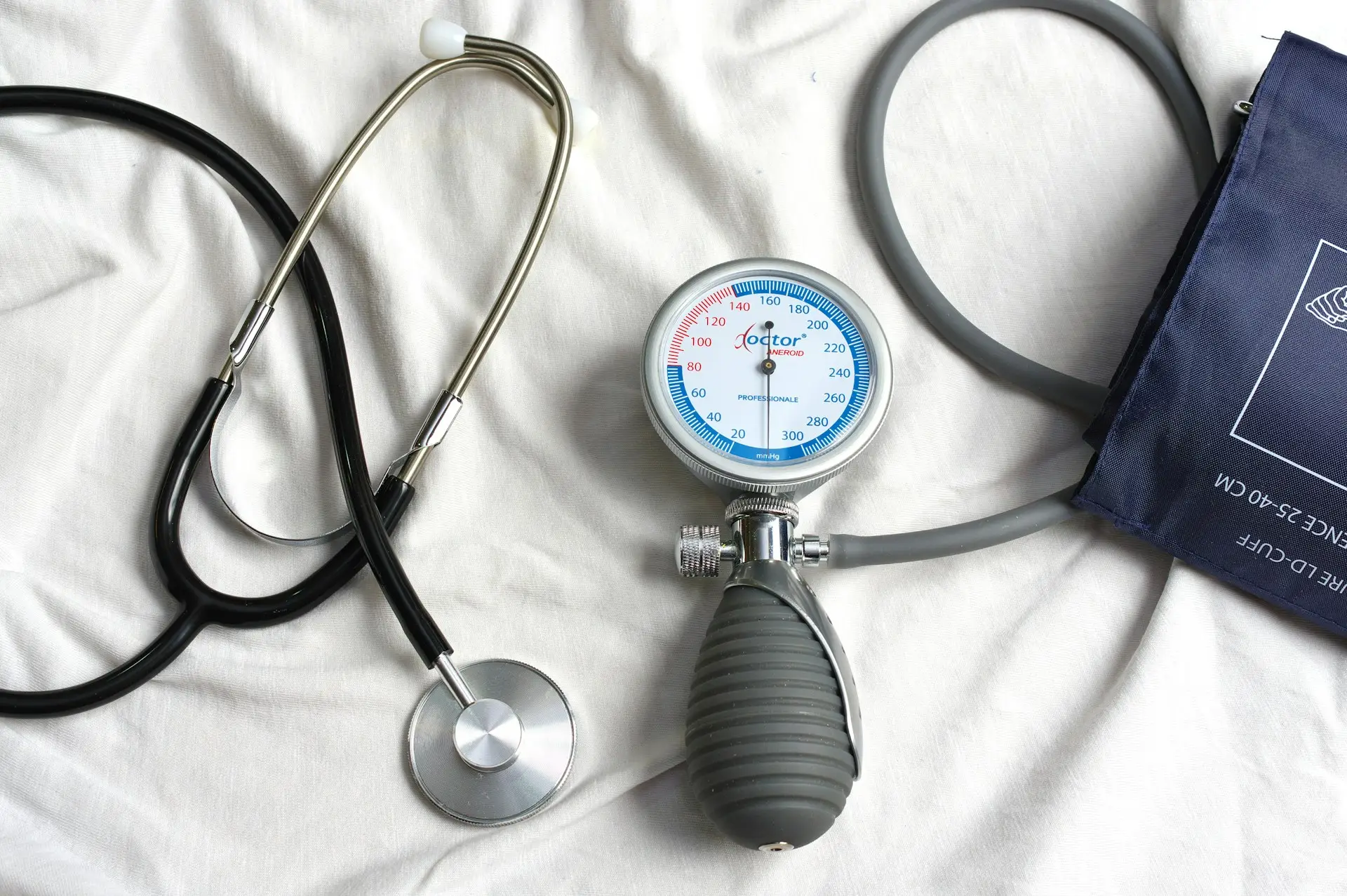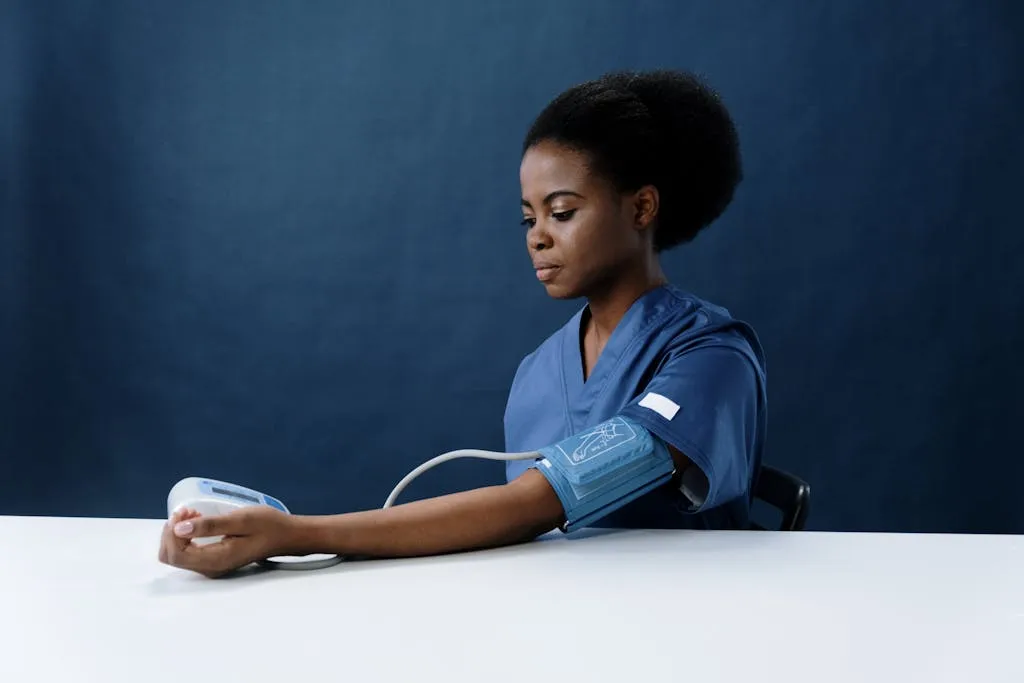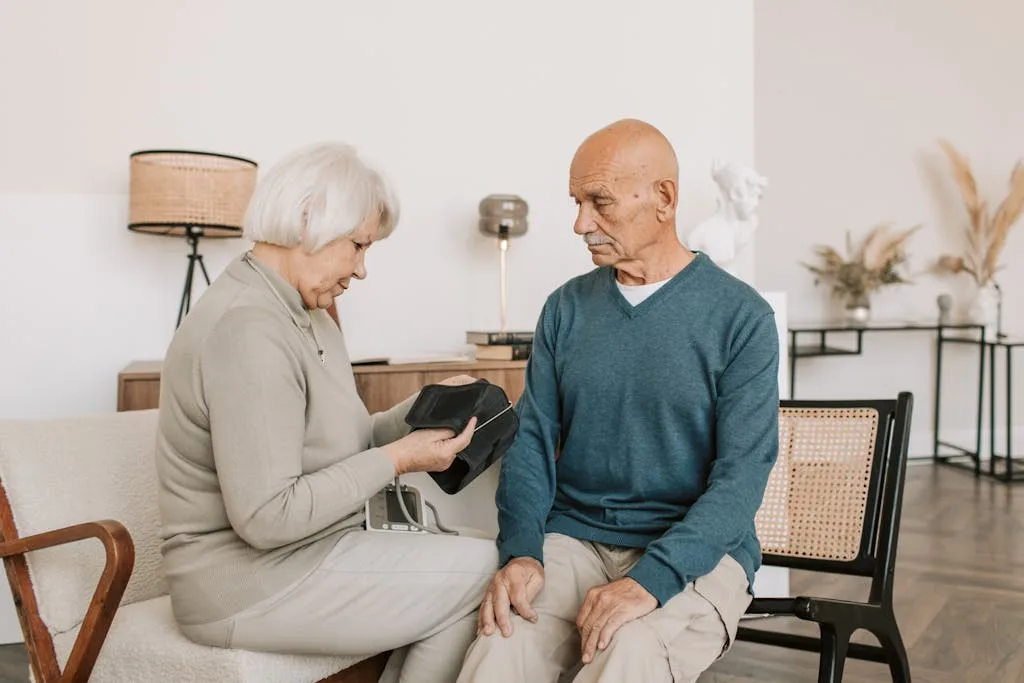Blood pressure is the force your blood applies on the walls of your arteries. The force is determined by how much blood your heart pumps out and the resistance of the arteries to the flow of that blood.
Hypertension is a condition where the blood pressure is persistently high. Over time, it can damage arteries causing serious health issues involving the heart, kidneys, brain, and eyes.
According to the World Health Organization (WHO), about 1.28 billion adults aged 30–79 years worldwide have hypertension. Almost one half of these people do not know that they have the condition. About 2 in 3 people with hypertension live in low- and middle-income countries.
According to the U.S. Centers for Disease Control and Prevention (CDC), nearly half of adults in the U.S. have high blood pressure. This is about 120 million adults.
What are the types of hypertension?
There are two main types of hypertension. These are:
- Primary (essential) hypertension: It is the most common type of hypertension, accounting for about 90% of all adult cases. It is caused by an interaction between lifestyle and genetic factors.
- Secondary hypertension: This less common type of hypertension is caused by a specific medication or medical condition.
Learn more about the differences between the two types of high blood pressure.
Other forms of hypertension happen in certain situations. These are:
- Masked hypertension: Where you have high blood pressure at home, but it is normal in the hospital.
- White coat hypertension: You have high blood pressure in the hospital, but it is normal at home.
- Paradoxical hypertension: Your blood pressure increases when you take certain antihypertensive medications like beta-blockers or angiotensin-converting enzyme (ACE) inhibitors.
- Nocturnal hypertension: Your blood pressure increases at night when you sleep.
What causes hypertension?
The 2 main types of hypertension have different causes.
Primary hypertension: Here, you have a combination of risk factors which may cause your blood pressure to rise. These risk factors include:
- Having a positive family history of hypertension
- Drinking too much alcohol
- High sodium intake
- Being older than 65 years
- Having obesity
- Being physically inactive
- Smoking
- Being African-American
- Living with certain genes
Secondary hypertension is caused by another medical condition or medication. It may be due to:
- Chronic kidney disease
- Obstructive sleep apnea
- Thyroid disease
- Coarctation (narrowing) of the aorta
- Renal artery stenosis, narrowing of the blood vessels that supply blood to your kidneys
- Pregnancy
- Medications like corticosteroids, oral contraceptives, non-steroidal anti-inflammatory drugs (NSAIDs)
What are the symptoms of hypertension?
Hypertension is a silent condition that usually causes no symptoms. Over many years, it can slowly damage arteries within many body parts until it is severe enough to cause symptoms. That is why it is important to regularly get your blood pressure checked, even when you don’t feel sick. When the condition is severe enough to cause symptoms, they may include:
- Headache
- Vision problems
- Shortness of breath
- Trouble sleeping
- Chest pain
- Confusion
- Vomiting
- Dizziness
- Nosebleeds
How is hypertension diagnosed?
Blood pressure is measured during routine hospital visits, or any other appointment. A doctor may ask you questions about your medical history, family history, any symptoms you might have noticed, or questions related to your lifestyle.
Blood pressure is measured using an appropriate size arm cuff. Arm cuffs that aren’t size appropriate may return inaccurate readings. Blood pressure readings have 2 numbers:
- A top number, the systolic blood pressure (SBP), is the pressure in your arteries as your blood pumps out blood.
- A bottom number, the diastolic blood pressure (DBP), is the pressure in your arteries as your heart rests between two beats.
The American College of Cardiology and the American Heart Association guidelines divide blood pressure readings into four categories:
Category | Blood pressure (mmHg) |
Normal blood pressure | SBP: <120 and DBP: <80 |
Elevated blood pressure | SBP: 120 – 129 and DBP: <80 |
Stage 1 hypertension | SBP: 130 – 139 or DBP: 80 – 89 |
Stage 2 hypertension | SBP: ≥140 or DBP: ≥90 |
To be diagnosed with hypertension, you will need to have high blood pressure readings at 2 or more appointments.
Ambulatory blood pressure monitoring, where your blood pressure is measured continuously throughout the day, is more reliable than office measurements for diagnosing hypertension.
Your doctor may also order for tests to look for possible causes of your high blood pressure. Examples of these tests include:
- Ultrasound scan of your kidneys
- Magnetic resonance imaging (MRI) scan of the abdomen
- Thyroid function tests
- Blood levels of adrenal gland hormones
- Urine analysis (urinalysis)
What are the complications of hypertension?
Untreated hypertension can cause complications like:
- Eye disease
- Stroke
- Kidney disease
- Dementia
- Heart attack
- Peripheral artery disease
- Abnormal heart beats (arrhythmia)
- Heart failure
- Aortic aneurysm
How is hypertension treated?
Treating high blood pressure involves different strategies and may depend on your blood pressure values and cause of your hypertension. Managing hypertension early enough can also help to prevent its complications. Treating high blood pressure may involve:
Treating the cause
If you have secondary hypertension, treating the identified cause may help you to control your blood pressure. You will need to stop taking the medication causing high blood pressure. Also, your doctor may provide medication or explore surgical options to resolve the cause of your condition.
Sometimes even after treating the cause, your blood pressure may remain high, so you may need to reduce it by taking antihypertensive medication and making certain lifestyle changes.
Lifestyle adjustments
Lifestyle modifications are beneficial to all people living with hypertension, and may even be enough to control blood pressure adequately in some people, without need for medications. Recommended lifestyle changes include:
- Eating an appropriate diet. You need to consume a DASH diet that emphasizes fruits, vegetables, whole grains and low-fat dairy foods. Limiting your daily sodium intake to less than 1,500 mg can also help you to manage the condition.
- Maintaining a healthy weight
- Exercising regularly. Aiming for at least 150 minutes of moderate-intensity exercise weekly is recommended for all people with hypertension.
- Reducing or avoiding taking alcohol
- Stopping smoking
- Avoiding stressful situations or learning ways to manage stress better
Medications
There are many classes of blood pressure medications (antihypertensives) that can be used to lower blood pressure. Your doctor may prescribe 2 or more of these medications to manage your blood pressure better. The doctor will also decide what dose of a particular medication is best for you. Types of antihypertensive medications include:
- Diuretics
- Calcium channel blockers
- Beta-blockers
- Angiotensin converting enzyme (ACE) inhibitors
- Angiotensin II receptor blockers (ARBs)
- Alpha-blockers
- Vasodilators
You may need to avoid some of these medications if you are pregnant or have other underlying health conditions.
Also, while antihypertensive medications usually have minor side effects, they can affect people differently. It is important to discuss with your doctor about possible effects, and inform them if you notice any.
How can I prevent hypertension?
The lifestyle changes that are effective for controlling blood pressure in people diagnosed with hypertension may also reduce your chances of getting the condition. These include eating a healthy diet, losing weight, being physically active and reducing alcohol intake.
When you aren’t living with hypertension, you need to aim for less than 2,300 mg of salt per day.
If you take alcohol, you also need to take less than 2 alcoholic drinks per day for males, and 1 for females. One alcoholic drink is defined as:
- 5 ounces of wine (12% alcohol)
- 12 ounces of beer (5% alcohol)
- 8 ounces of malt liquor (7% alcohol)
- 5 ounces of 80-proof liquor
What should I remember?
Hypertension is a widespread yet serious condition that can cause heart disease, stroke, and other complications if untreated. Since it often has no symptoms, regular blood pressure checks are essential to catch it early.
Effective management includes healthy lifestyle changes, such as a balanced diet, less salt, regular exercise, and avoiding smoking and heavy drinking. For many, medication may also be needed. With these steps, blood pressure can be controlled, lowering the risk of complications and supporting a healthier life.

